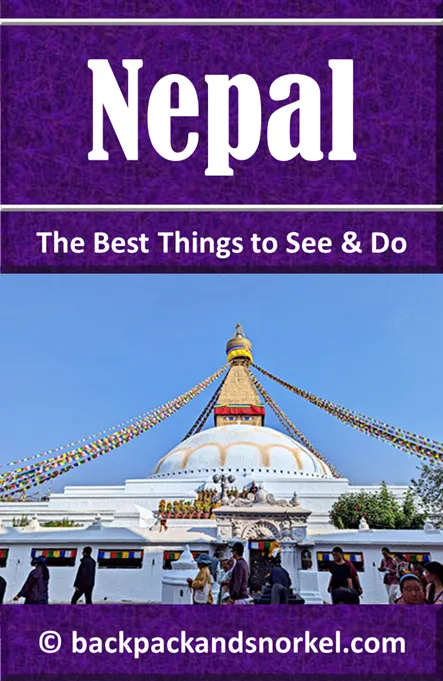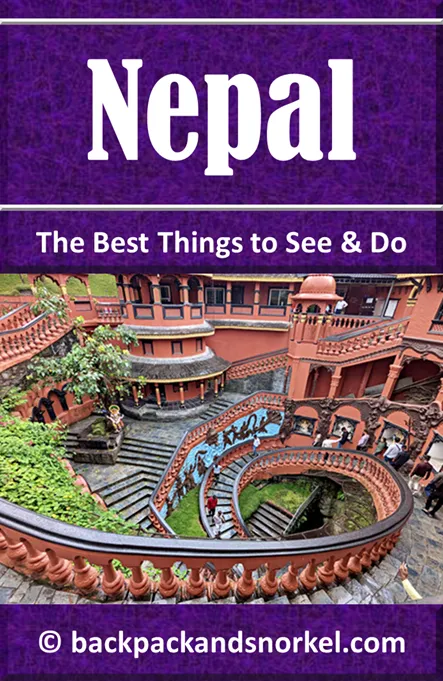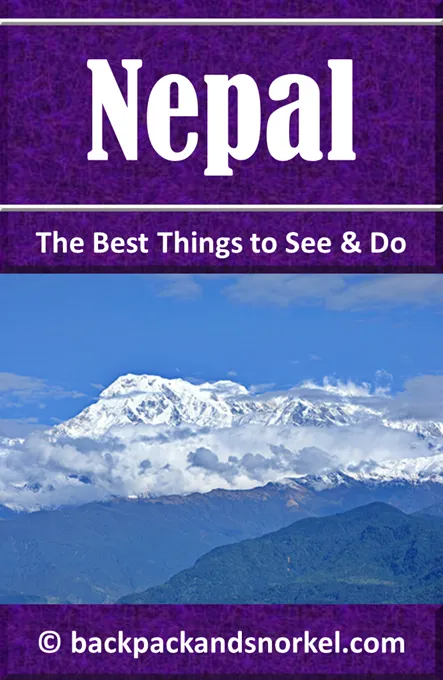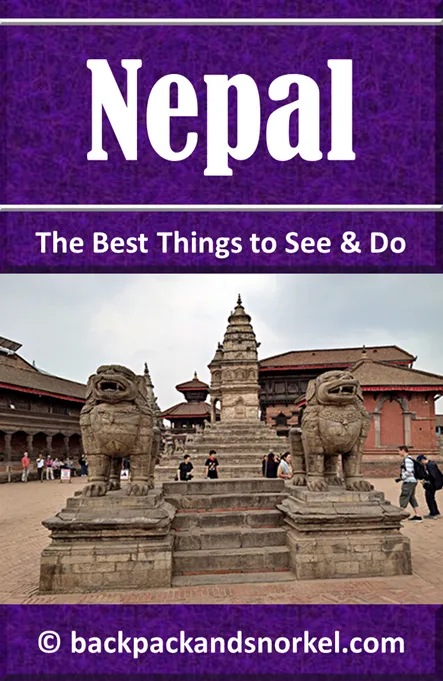Discover Gorkha Durbar: The Birthplace of Nepal's Shah Dynasty - Nepal Purple Travel Guide
(map, reviews)
This is Premium Content! To access it, please download our
Backpack and Snorkel Purple Travel GuideThe word ‘Durbar’ means palace in Nepali. The name ‘Gorkha’ itself is deeply intertwined with the site's spiritual significance. It is derived from the revered sage Guru Gorakhnath, a prominent figure in Hindu Nath tradition, and district of Gorkha and its ancient Gorkha kingdom are named after him. Thus, Gorkha Durbar simply means ‘The Palace of Gorkha’, signifying its role as the royal residence of the Gorkha kings.
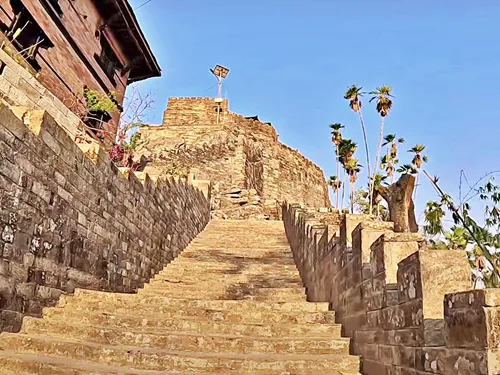
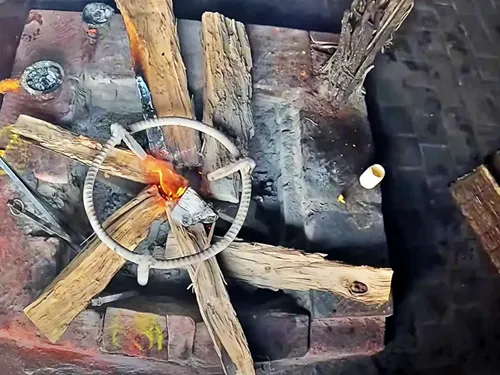
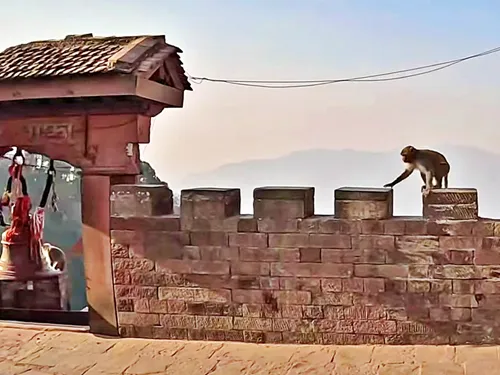
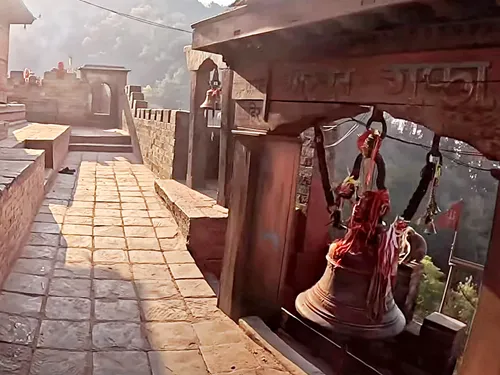
From Fortified Palace to Revered Historical Site
Legend states that king Prithvi Narayan Shah, who was born at the palace in 1723, received divine blessings and guidance from Guru Gorakhnath at this very location and then went on to unify Nepal in the 18th century.
Gorkha Durbar served as the strategic fort and royal palace of the Gorkha Kingdom before its rulers expanded their dominion across Nepal. It was from this commanding vantage point that Prithvi Narayan Shah launched his unification campaign, a pivotal moment in Nepali history. The structures you see today, while having undergone some renovations over time, retain the essence of the original fortified complex.
The 2015 earthquake caused severe damage to the palace, and even today, many structures are still closed off.
Admission and Access
Admission fee: At the time of writing, there is no admission fee.
Access: A steep staircase of over 1,700 stone steps leads to the Durbar from the town center. The climb is challenging but rewarding.
What you can see at Gorkha Durbar Palace
The Gorkha Durbar complex is a fusion of palace, temple, and fortress, reflecting the political, spiritual, and military significance of the site.
The Royal Palace: Built in the 16th century, the palace is a masterpiece of Newari architecture, crafted from brick and timber, with intricately carved windows and doors. Though compact, it reflects the power and ambition of the Gorkha kingdom.
Gorakhnath Temple: Dedicated to the sage Gorakhnath, this temple adds a sacred layer to the site. Devotees believe the king derived spiritual strength from this patron deity.
Kalinchowk Temple: This shrine, located within the complex, honors the goddess Kali, an important deity for Gorkhali warriors.
Panoramic Views: From the palace hill, visitors can enjoy sweeping views of the Himalayas, including peaks like Manaslu and Ganesh Himal, as well as lush river valleys below.
Back to your self-guided tour
Author: Rudy at Backpack and Snorkel
Bio: Owner of Backpack and Snorkel Travel Guides. We create in-depth guides to help you plan unforgettable vacations around the world.
Other popular Purple Travel Guides you may be interested in:
Like this Backpack and Snorkel Purple Travel Guide? Pin these for later:
